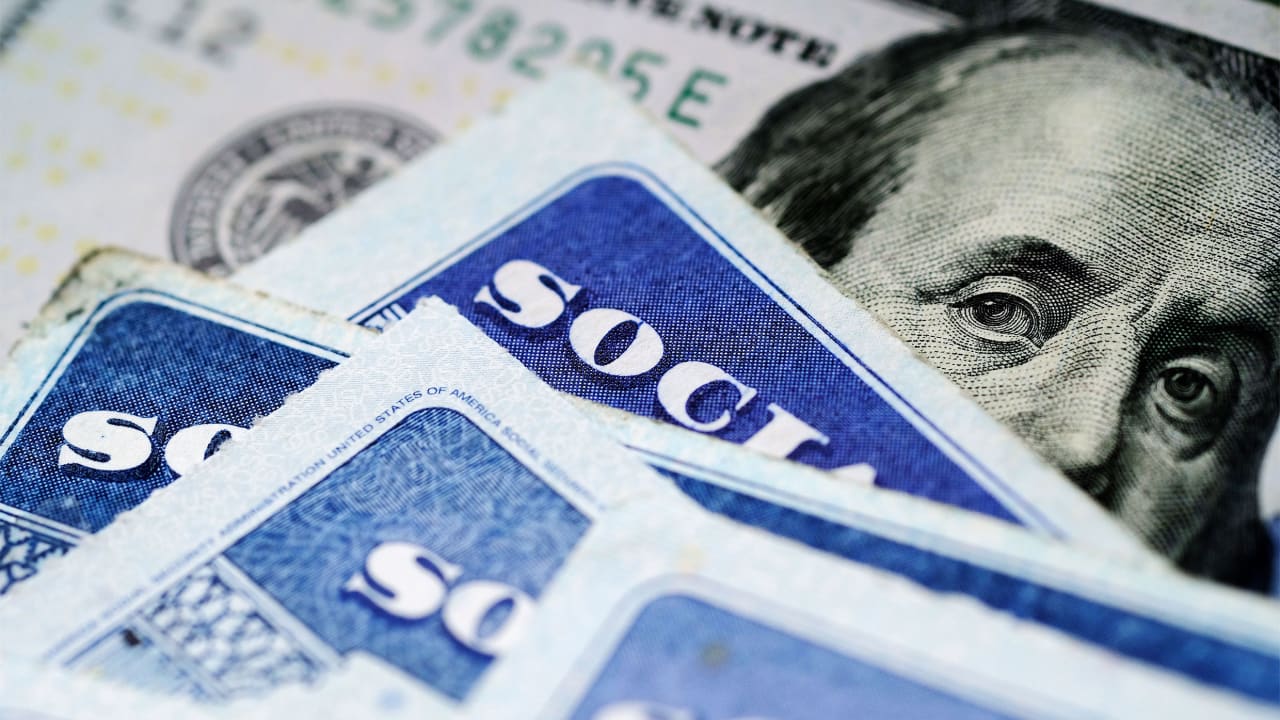
As the White House and House Republicans continue to spar over a debt ceiling deal, millions of Americans are growing increasingly concerned about what could happen if the debt ceiling is, in fact, breached. With only days to go, significant economic damage is possible on a large scale. But for some individuals, concerns about whether things like Social Security payments could be threatened are top of mind.
So what will happen to Social Security payments if the debt ceiling is reached within the next week or two?
The short answer is that those payments could be temporarily paused, delayed, or reduced, although beneficiaries will likely get them eventually. Still, given that the United States has never defaulted on its debt before, we’d be in uncharted waters—and the fallout of a potential default is hard to gauge.
A recent analysis from the Bipartisan Policy Center indicates that Social Security beneficiaries and those receiving benefits related to disabilities, among others, would likely be the first groups directly impacted by a default. That’s because payments for programs, including Medicaid, Social Security, and Medicare, among others, are scheduled to go out during the first two days of June. As such, some beneficiaries or retirees may not receive their checks right away—again, assuming no deal is reached.
But there are potential work-arounds.
For example, Steve Robinson, chief economist at the Concord Coalition, a bipartisan advocacy group, wrote a paper in February highlighting a 1996 law that could preserve Social Security payments even in the event of a default. “This law provided an escape clause allowing the payment of Social Security benefits whenever there is a delay in raising the debt limit,” Robinson writes.
“In 1997, the Social Security Administration (SSA) implemented a new policy to vary the payment of monthly benefits based on each beneficiary’s date of birth. Read in combination, these two changes could have the unintended effect of funding the rest of the government until the Social Security trust funds are exhausted should Congress fail to increase the debt limit after other extraordinary measures have been exhausted.”
So it appears that there is at least some theoretical wiggle room for the government to make sure that Social Security benefits keep flowing. This is, again, all untested, as a default is unprecedented.
The good news is, a debt ceiling deal appears close. As of Thursday afternoon, Reuters reports, negotiators are inching toward an agreement, though “negotiations may come down to the wire.”


